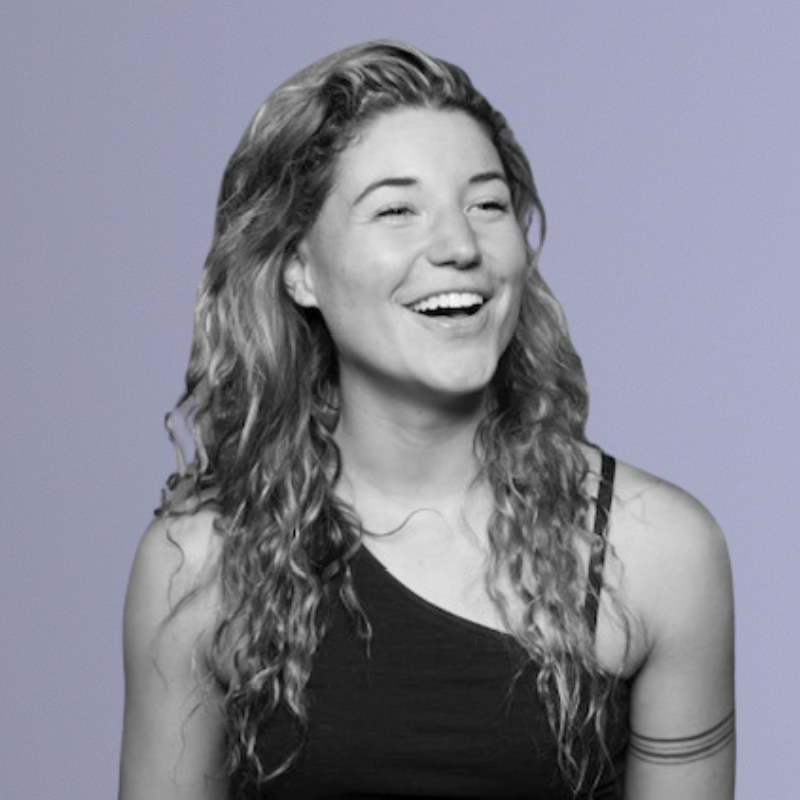Success in Physiotherapy

An interview with ESP Alumni
Anna Serafini
First steps
Anna graduated from ESP five years ago and is now working as a full-time physiotherapist at Wijs. She studies osteopathy on the side. Only three months after graduating, she had already started her first job as a physiotherapist.
How did you find your first job after graduating? Any tips for graduating
students? Any challenges encountered?
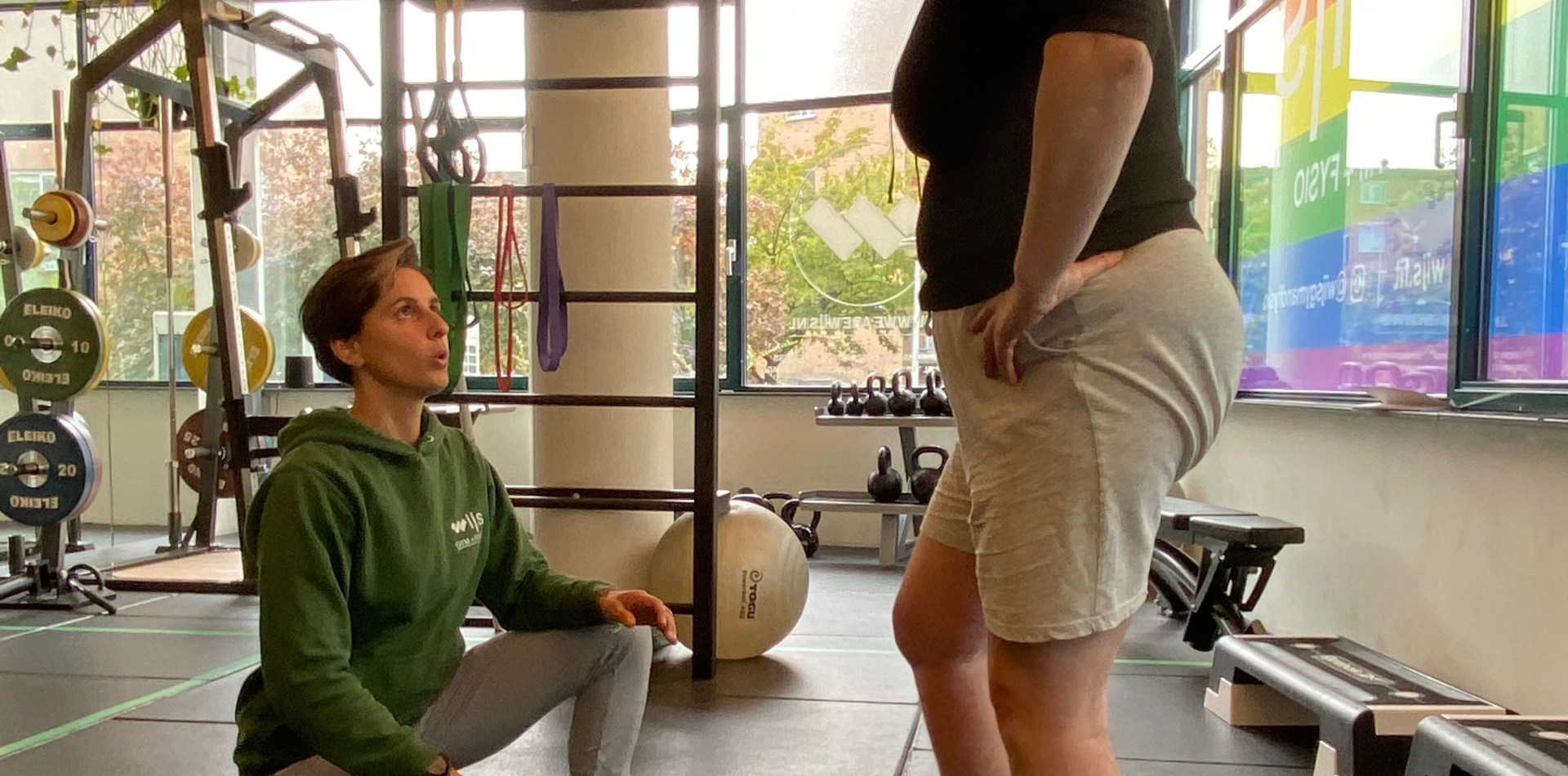
How has your career progressed since graduating?
Well, I started as a general physiotherapist. I was then focused on getting experience with manual therapy and exercise interventions. After two years, I got the feeling I needed to specialize. My initial idea was to either do sports physiotherapy or manual therapy. But then I realized that I wanted a broader view of what the human body is and how it functions. That’s how I found osteopathy. I really liked its vision that the body is very interconnected, especially with chronic complaints that are not always immediately connected to the body or the injury.
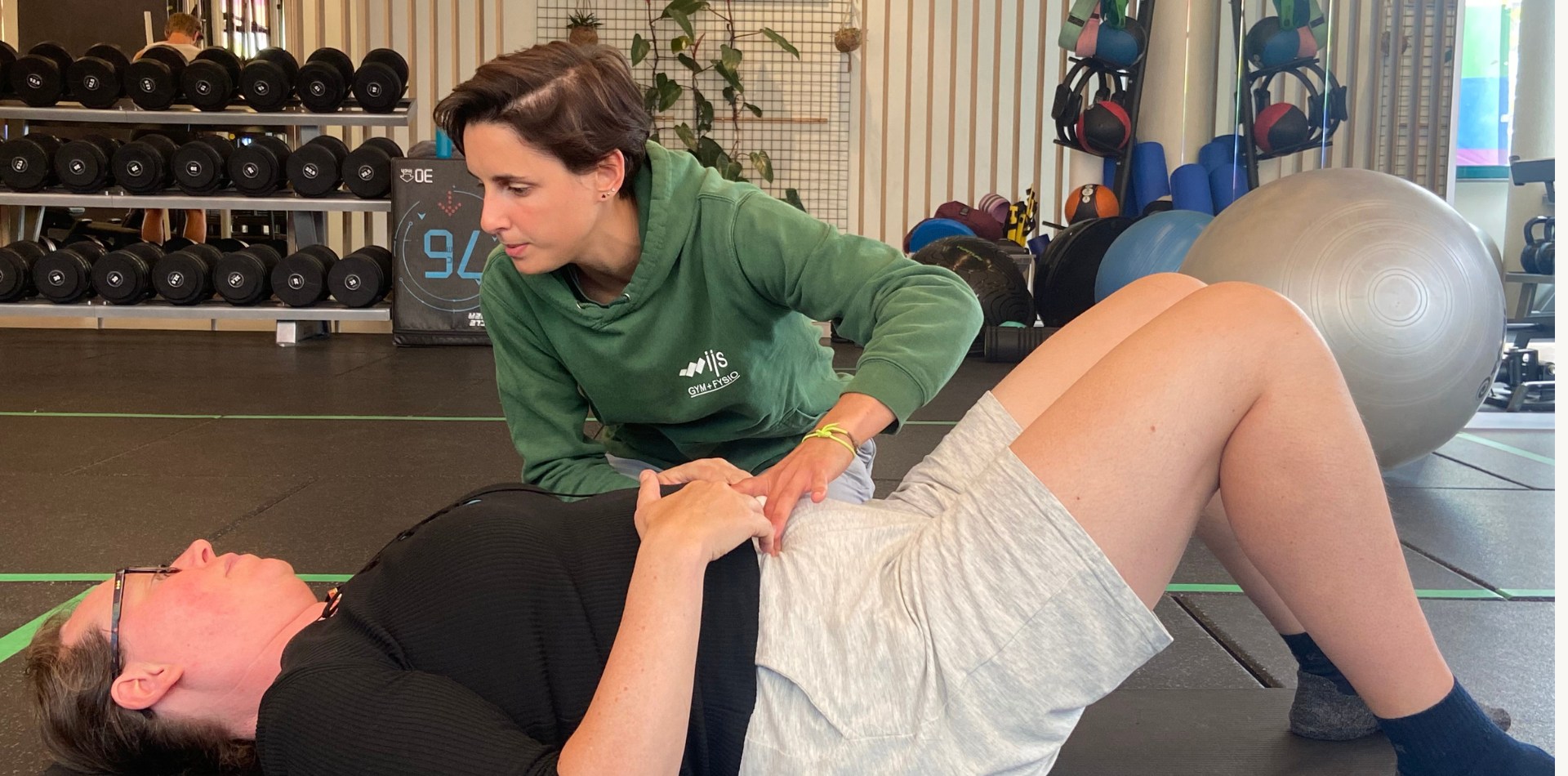
How did ESP help you in this process?
ESP and the internships offered a very good base in terms of self-confidence, in various areas of physiotherapy, to get a good start and to be prepared. We touched a bit on all the areas that we needed. One piece of good advice: when I went to Italy to apply for physiotherapy jobs, they told me I did not have enough experience with different patient categories, like neurological and cardiopulmonary patients. I had to do a three month internship to integrate these categories. So be careful to check the requirements in the country you are interested in working.
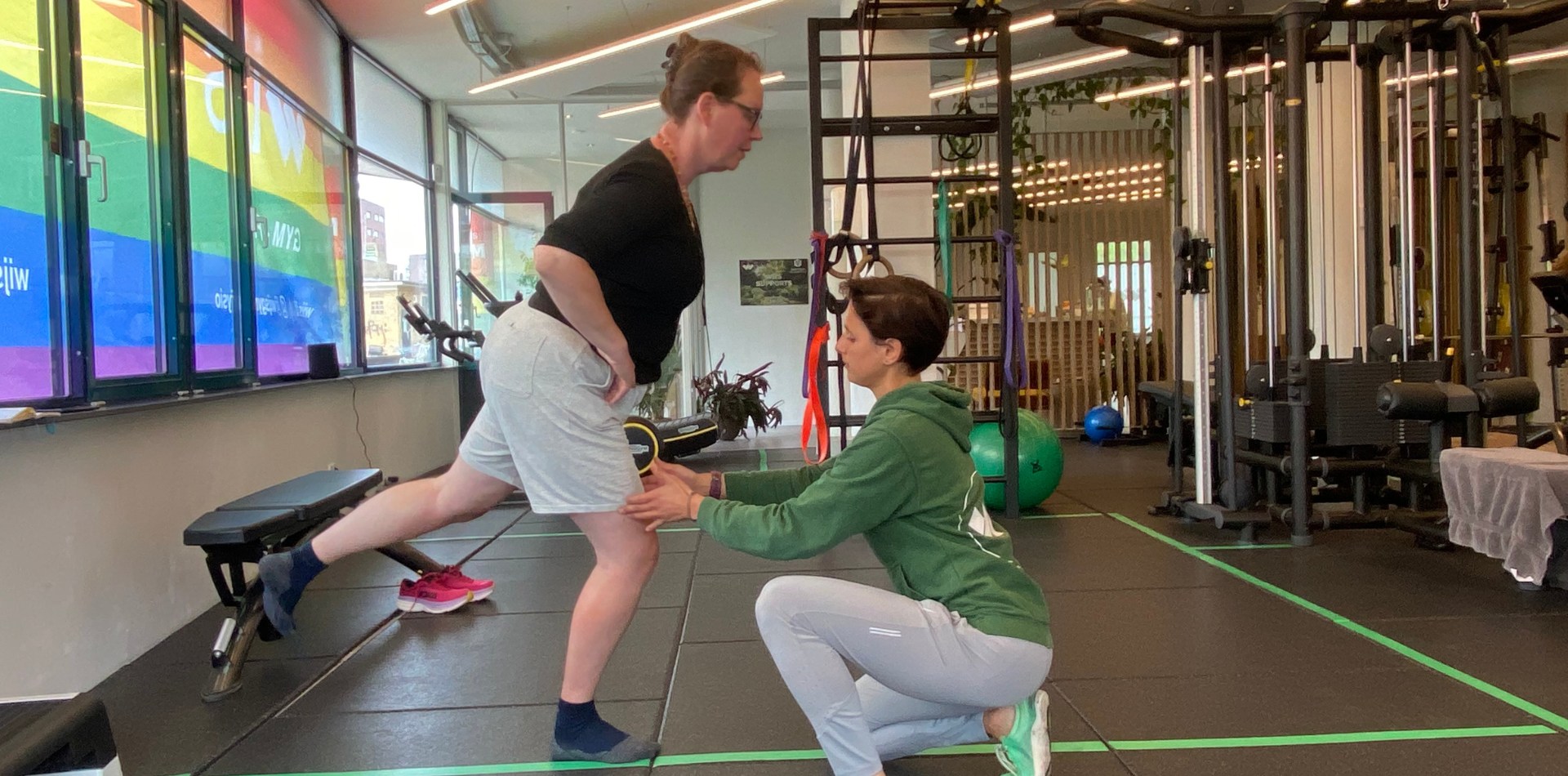
Where do you work now? What type of patients do you see?
I work at Wijs where we combine treatment time in the room and time in the gym working on exercises. We mostly get musculoskeletal patients, post-operative, orthopaedic, and a couple of neuro, but mostly they come through direct access not acute cases referred from the doctors.
Do you have any tips on how to network during and after ESP?
ESP students, internships and clinical instructors and my elective credit with FysioHolland helped me get a lot of exposure, experience and network. It helped me to get a lot of self-confidence too!
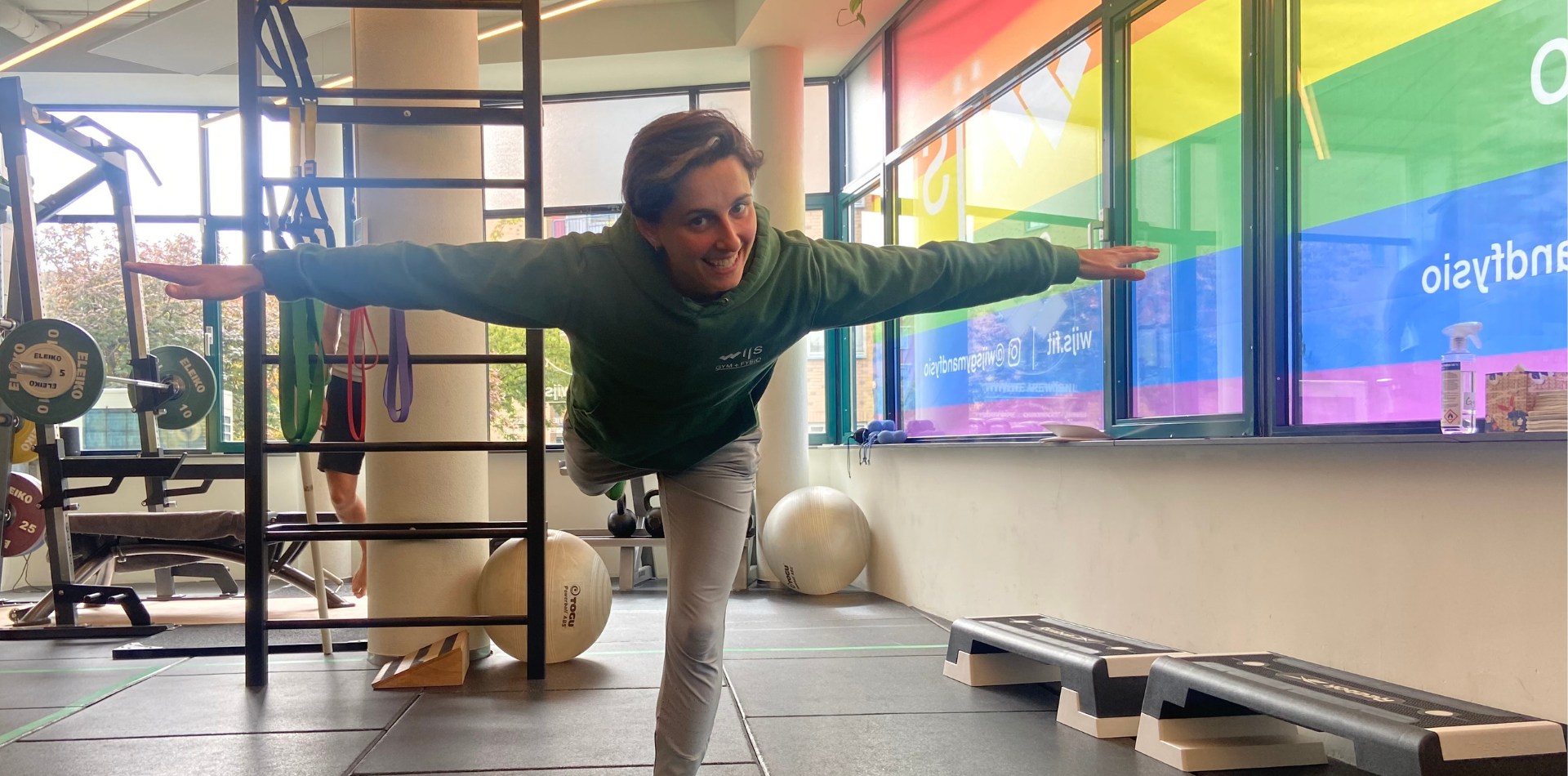
What clinical skills from ESP have been the most useful? Were there some
lacking?
I really liked the “case study” to see the actual structure of what is now my current work. I would have liked more depth in interventions and manual techniques. I did do manual therapy during my minor in Nijmegen.
What technology and/or tools help you the most in your role as
physiotherapist?
The treadmill [laughter]. I use my phone to make videos and to slow them down to analyze patients’ gait patterns. At Wijs we also have an app that helps with posture corrections. And I use google images to show muscles to patients.
Do you encounter any challenges balancing your work, study and private
life?
When you don’t have a study on the side, it’s ok. The first two years I was working five days a week, about 42 hours, but it didn’t feel heavy because I had a full weekend. Now I have to sacrifice quite a few Sundays and need to understand when to take free time without feeling guilty about not studying. For me, it helps to adhere to a schedule in which free days and study days are specified. If you have a good structure and discipline, you find the time.
What are your goals moving forward?
Well, graduating from osteopathy and starting for myself. To have the responsibility of having my own patients giving them some blended physiotherapy, osteophathy and exercise therapy. Giving people the idea that they need to take responsibility to change things in their life. Exercise is a tool they can use to start taking control of their injury and health. My goal really is just to help more people and make the world a better place!

Did you know?

Anna Serafini, driven by a passion for comprehensive patient care, transitioned from physiotherapy to osteopathy, expanding her skillset while still actively practicing. Amidst her busy schedule, she contributes to the ESP community and incorporates technological advancements into her patient care. Anna’s focus on encouraging patient autonomy reflects a broader shift towards patient-centered physiotherapy emphasizing self-management and active participation in treatment.
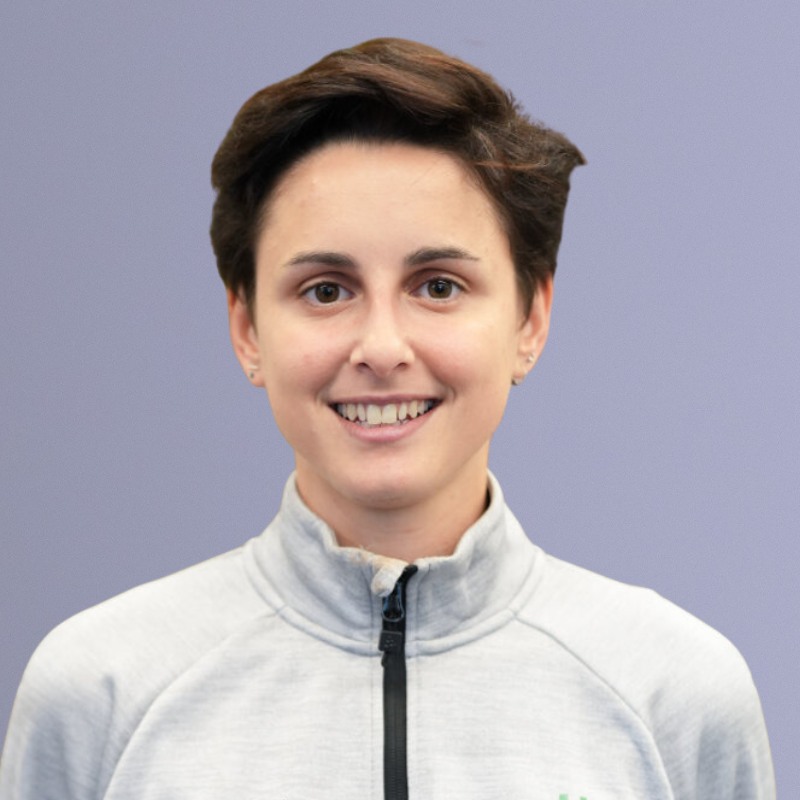
Meet Zoë our blog writer

